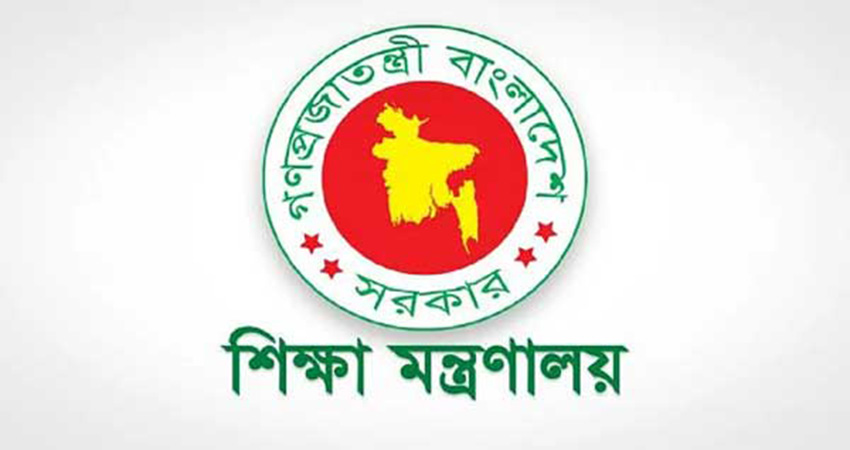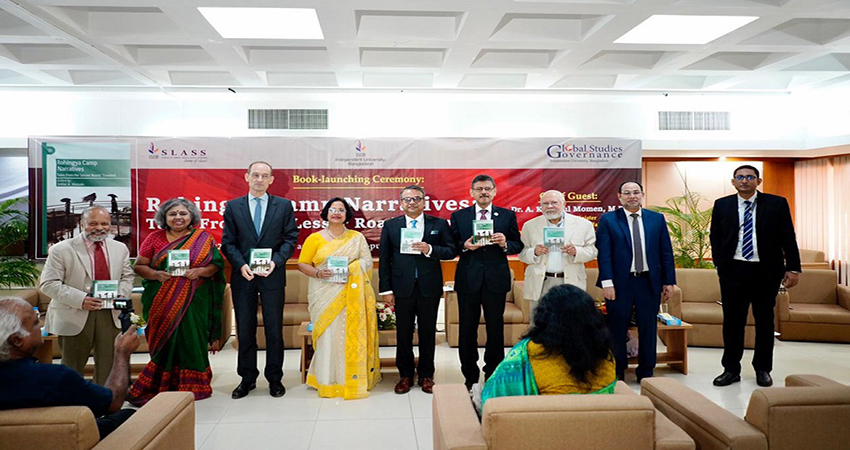Inequality is being created in the country's primary education sector due to insufficient investment, said the Centre for Policy Dialogue (CPD) today.
"Our job seekers don't get the kind of jobs they want to go to. One of the reasons is that there is a kind of disparity in the basic education that needs to be built. This leaves the students vulnerable," CPD Executive Director Dr Fahmida Khatun said while speaking at the national conference at the Krishibid Institution Auditorium in Dhaka on Sunday (25 June).
"Various studies show that weakness in Mathematics and English becomes acute by the 5th and 8th grades, and then they gradually fall back, continuing until HSC and university," she added.
Pointing out that the investment in education is very low, she said, "The 8th Five Year Plan had promised to allocate 2% of GDP to education by 2019 and 3% by 2025. But in the new budget proposal, only 1.76% of GDP has been allocated."
Dr Fahmida Khatun called for the elimination of discrimination and the improvement of quality in the education sector through adequate funding and training.
The participants of the programme said that mainly due to a lack of adequate salary allowance, timely promotion and social status, talented people do not take up teaching as a profession, and some even later move to other professions.
"Teaching has now become a 'transit profession'. A graduate who works as an assistant primary teacher, gets a 13th-grade salary, while an 8th-class pass government driver gets a salary in 12th grade. So why should talented people stay in this profession," said Anisur Rahman, a primary school teacher.
He mentioned that two of his colleagues had recently retired after 38 years of service without getting any promotion
Dr Mustafizur Rahman, distinguished fellow, CPD, said, "Income disparity, wealth disparity is increasing in the country, one of the reasons is that we have created different streams in primary education. We should not introduce two economies in the same country."
Stakeholders observe that the government primary schools across the country are suffering from poor infrastructure like congested classrooms, shortage of efficient teachers, and lack of libraries, playgrounds, access to co-curricular activities and less funding which they called barriers to quality education.
The conference was organised based on research on 30 primary schools in Gaibandha, Thakurgaon and Nilphamari.
The grim picture of overall primary-level education has been reflected in the CPD research that was conducted from April to May this year.
Result of the study was unveiled at the event where stakeholders including teachers, parents, government representatives from respective districts and education experts participated in the event.
The CPD study finds that insufficient government funding has hindered schools from hiring adequate staff, acquiring necessary teaching materials, improving infrastructure and management practices, recruiting additional extracurricular teachers/instructors, and enhancing security and cleanliness measures.
MD Tajul Islam, local government and rural development minister was the chief guest while Dr Debapriya Bhattacharya, distinguished fellow of the CPD was the chair at the event.



















